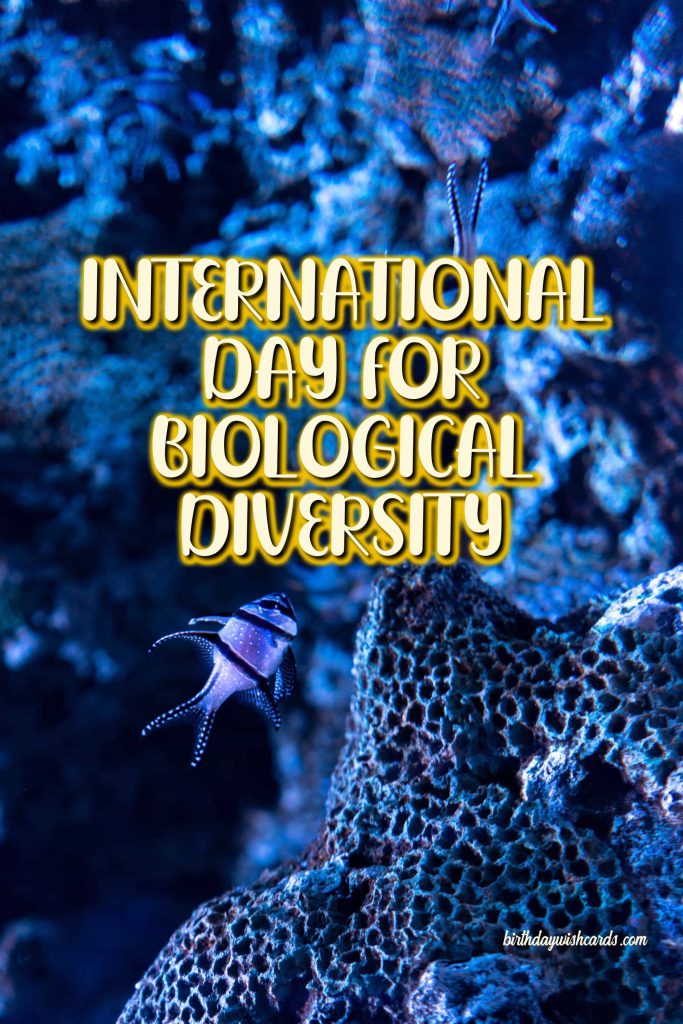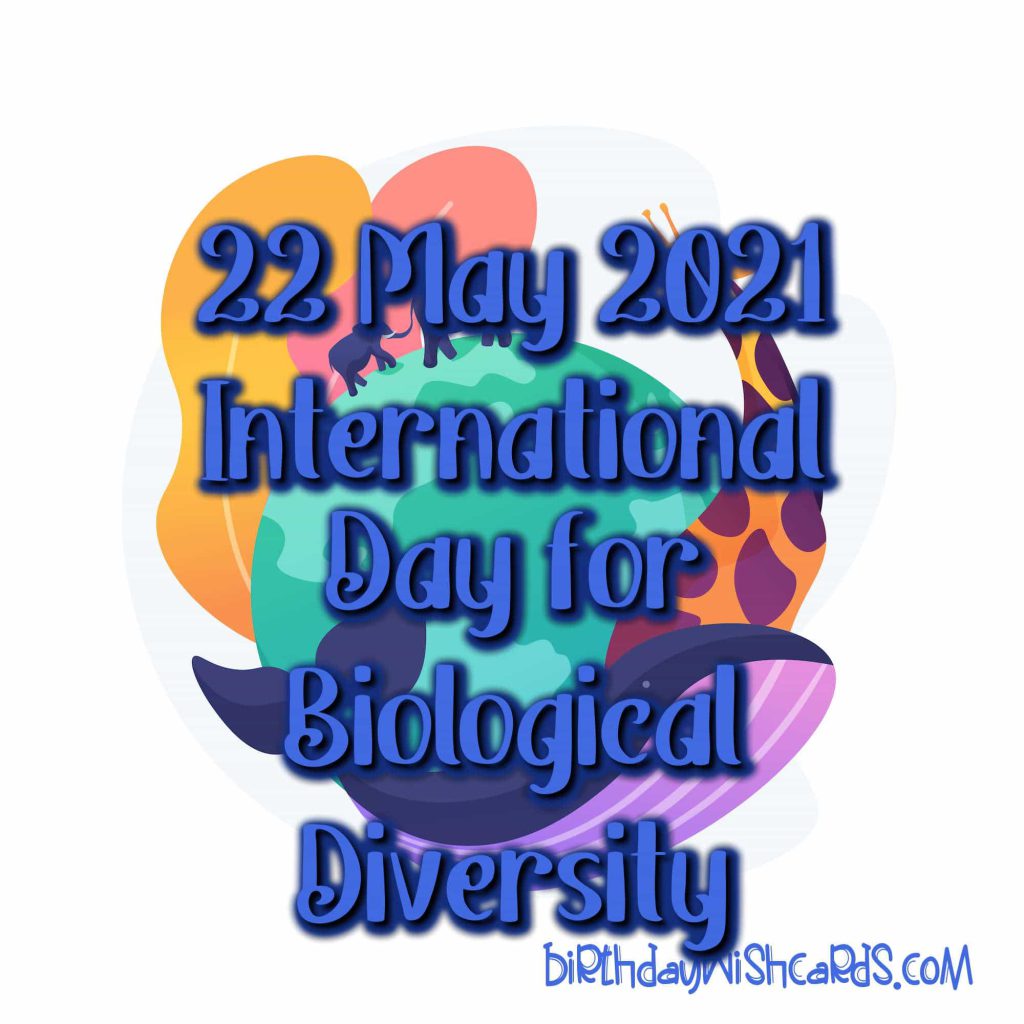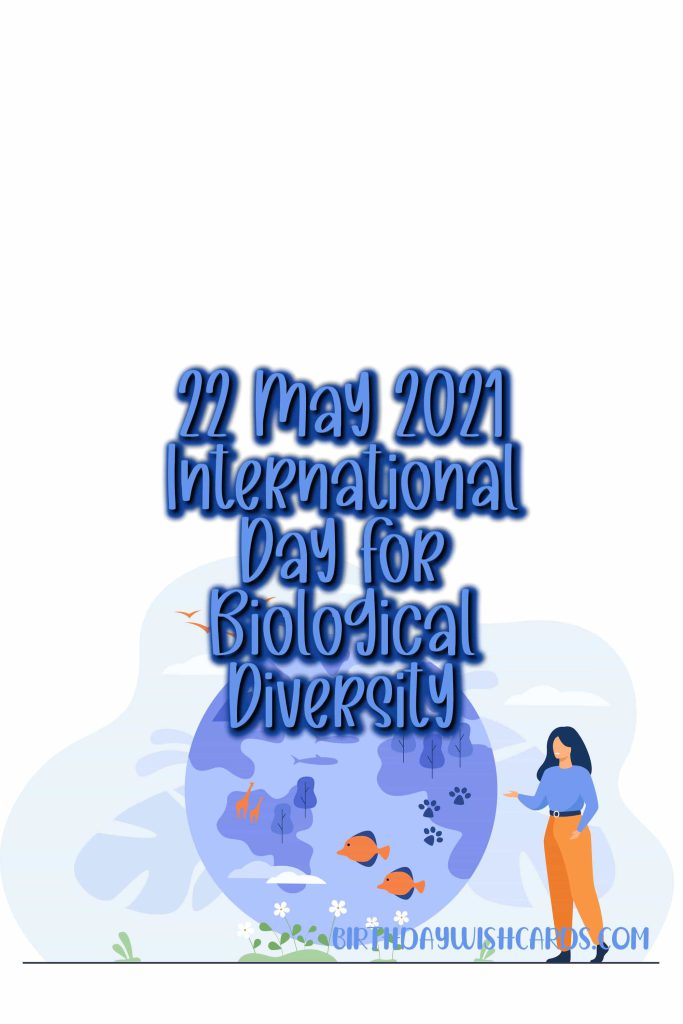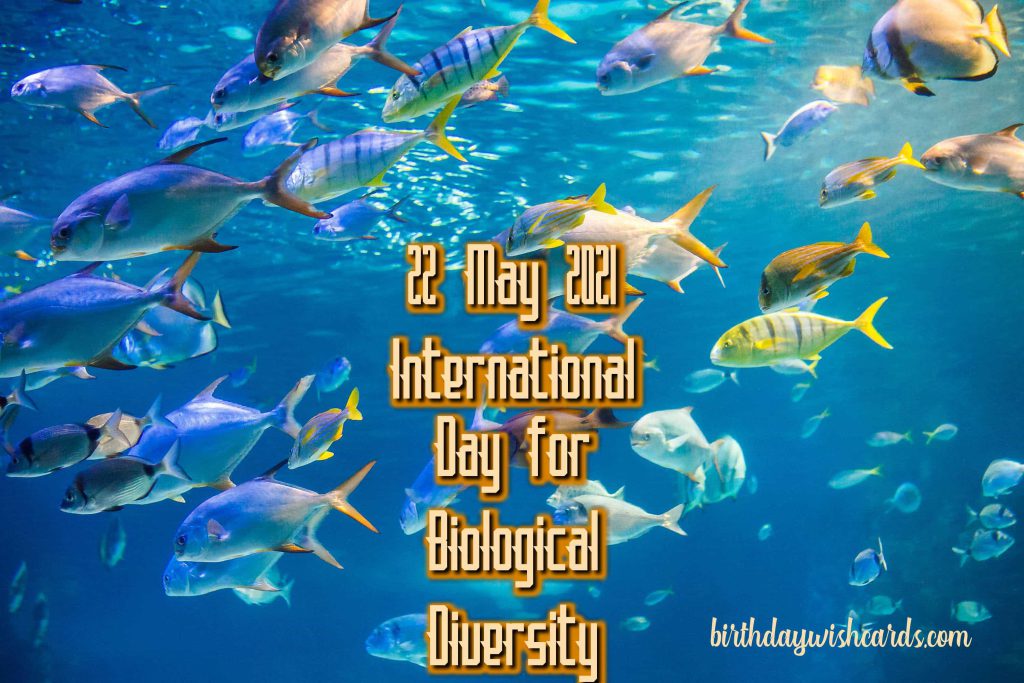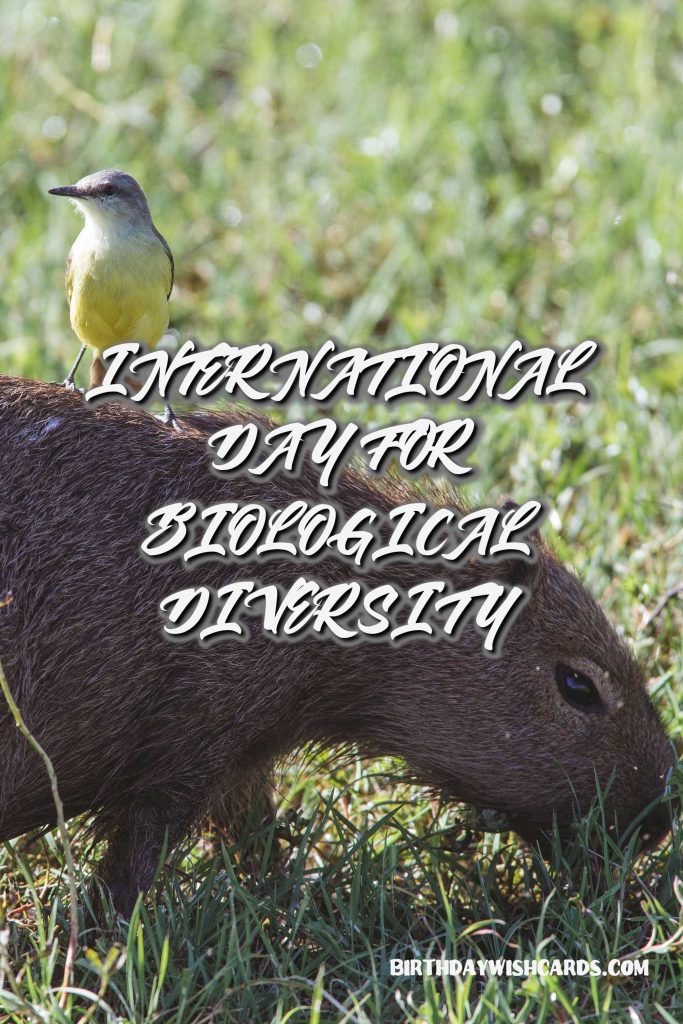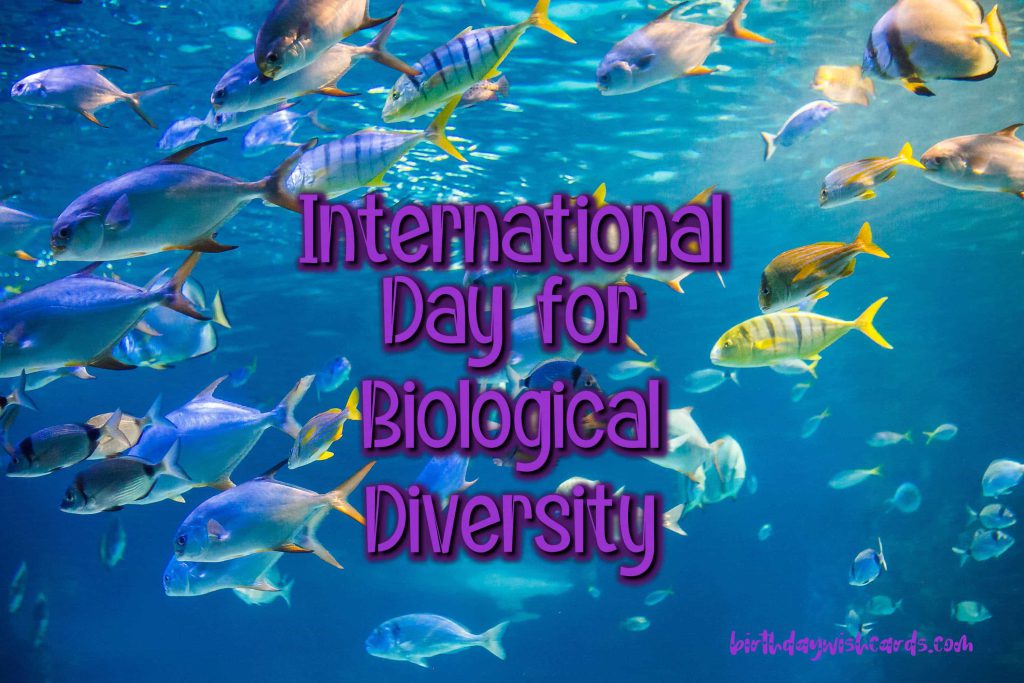
22 May: International Day for Biological Diversity
Declaration and Purpose
The International Day for Biological Diversity is a United Nations-sanctioned observance dedicated to raising global awareness of biodiversity issues. Celebrated each year on May 22, this day underscores the vital role biodiversity plays in sustaining life on Earth and aligns with the UN Sustainable Development Goals.
The concept of biodiversity hotspots was introduced by scientist Norman Myers in 1988, and in 1989, Conservation International adopted this framework to guide conservation priorities. This approach has since shaped global efforts to protect unique and vital ecosystems.
In 2020, the International Day for Biological Diversity highlighted nature-based solutions (NBS), emphasizing hope, harmony, and collaboration to build a future where people and nature thrive together. This theme called for collective action to address biodiversity challenges and safeguard our planet’s natural heritage.
Theme for 2021
The 2021 theme, “We’re part of the solution,” built on the previous year’s message, “Our solutions are in nature.” It reminded the global community that biodiversity is key to overcoming many sustainable development challenges, and encouraged everyone to take part in protecting and restoring natural ecosystems.
Habitat Destruction and Its Impact
Habitat destruction remains one of the leading causes of biodiversity loss worldwide. Deforestation, pollution, overpopulation, and climate change all contribute to the degradation and disappearance of natural habitats. Large species, as well as human communities that rely on forests and oceans, are among those most affected.
Deforestation strips away critical forest cover, disrupting ecosystems and threatening countless species. Pollution contaminates air, water, and soil, further endangering habitats. Additionally, global warming alters climate patterns, intensifying habitat loss and pushing many species toward extinction.
Key Components of Biodiversity
Biodiversity is comprised of three fundamental components: ecosystem diversity, species diversity, and genetic diversity. Each is essential for maintaining ecological balance and supporting human well-being.
- Ecosystem Diversity: The variety of ecosystems within a region, such as forests, deserts, wetlands, and oceans. These ecosystems provide crucial services like oxygen production, soil formation, and water purification.
- Species Diversity: The range of different species within ecosystems. A greater number of species enhances ecosystem resilience and productivity.
- Genetic Diversity: The genetic variation within species, enabling populations to adapt to changing environments and resist diseases.
The Amazon rainforest stands as the richest ecosystem on Earth and a symbol of biodiversity. However, research published by Smithsonian scientists in Science reveals that species composition can vary even more across tropical forests in Panama than in the Amazon, highlighting the complexity and uniqueness of global biodiversity patterns.
“Every year, in late May and early June, UNESCO celebrates three significant international days which are an important opportunity to consider together the three systemic pillars of climate change: biodiversity, the environment, and the oceans. This year, when the world has been struggling with an unprecedented pandemic for many weeks, these days are the occasion to remind us once again that it is only with a cross-cutting and ambitious approach that we can build a more ecologically sustainable future. Of these three pillars, it is without doubt biodiversity that has been the most talked about in these recent weeks of widespread lockdown. The retreat into the private sphere and the desertion of most public spaces have temporarily blurred sharing between humans and other species.”
— Audrey Azoulay, Director-General, UNESCO, on the occasion of the International Day for Biological Diversity 2020
Raising awareness about biodiversity is crucial to addressing today’s environmental challenges. Biodiversity underpins the ecosystem services essential for human well-being, including food security, clean water, and climate regulation. Its protection is integral to achieving the United Nations Sustainable Development Goals, which seek to balance economic development with environmental sustainability.


